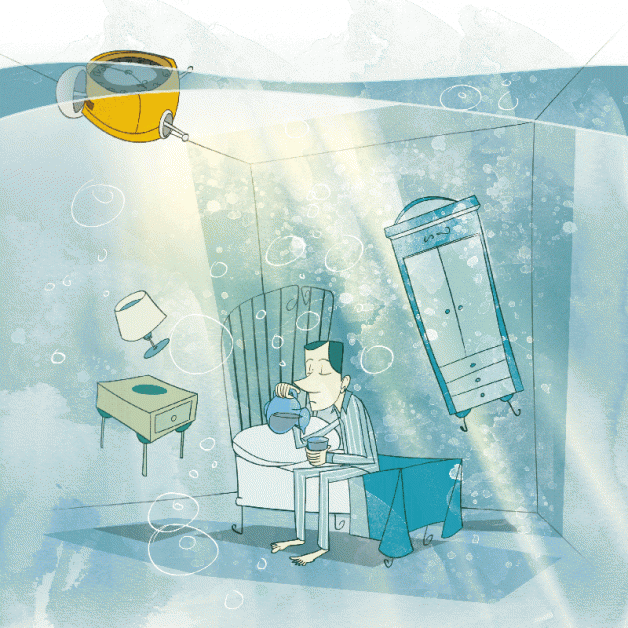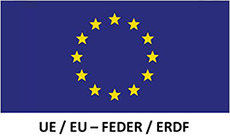Climate change will create important problems for our water supplies: on modifying the water cycle, rainfall will have different distribution patterns; the higher temperatures will alter soil humidity and will cause more evaporation. All this will change distribution and availability of water, creating catastrophic flooding and droughts, and the problem of desertification in significant areas of the planet. As water is essential for life, difficulty in having it or for it to be in good condition for consumption, is something that affects everything: the economy, food, social harmony, health, etc.
The main causes of water pollution are the use of herbicides, fertilizers and pesticides which even reach the deepest levels of the soil. Animal manure on large intensive farms pollutes superficial waters by causing algae to proliferate reducing oxygen and light and as a result reduces biodiversity. This water in contact with the manure becomes a health-risk.
What can we do to keep our water clean?
- An average of 7% of the water we use is for drinking and cooking, 22% for washing dishes and clothes, 20% for sanitary systems, 39% for showers and baths and 6% for washing the car and watering the garden.
- Trees attract water, without trees we head towards desert. We need to plant trees.
- By capturing rainwater in tanks and using it for washing and watering we save drinking water.
- A shower uses four times less than a bath. A dripping tap can waste up to 25 litres a day. If you leave a tap running while you clean your teeth you are throwing away some 15 litres. Small gestures are important.
- Take care with pollutants. Do not pour oils down the drain, nor varnish, paint, or medicines. Take these substances to recycling points. All the poison you tip down the drain reaches the environment and poisons it.
- Administer washing machine and dishwasher water carefully, wait until they are full or use the half-load setting.
Facts and figures:
- Water is a fundamental resource but not well distributed around the planet. More than 1,200 million people on our planet do not have access to clean drinking water.
- By the end of this century sea-levels will have risen by between 9 and 88cm. Places like the beaches of the Cantabrian or Manga del Mar Menor, the coast of Doñana, will be in danger of disappearing.
- It is forecast that the number of refugees owing to rising sea-levels could reach 150 million people by 2050.
- In the last century we have lost 85% of glaciers in the Pyrenees.





